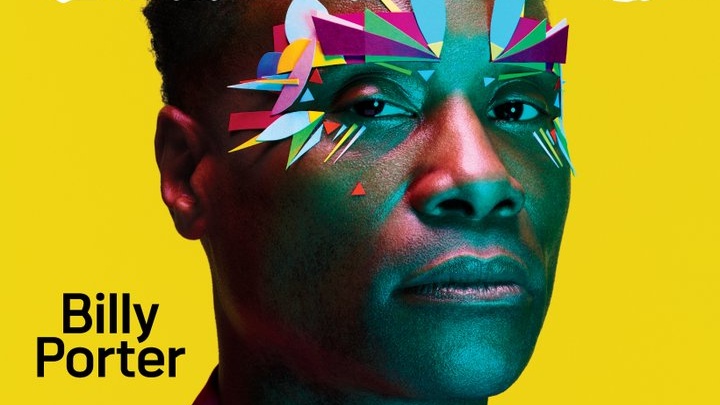It seems that Billy Porter just can’t seem to keep his foot off of our necks. Allure magazine has chosen the multi-hyphenate talent as the only male-identified person to grace its cover, reports Aazios.
Billy Porter amazes for Allure Magazine’s February issue. ???? pic.twitter.com/PatbJRPgdD
— The Pop Hub (@ThePopHub) January 9, 2020
Known for his elaborate and luxurious red carpet looks, it makes perfect sense for the beauty magazine to honor the Pose star. The issue, titled “The Art of Beauty,” doesn’t just skim the top layer of his avant-garde fabulousness, it also delves into his personal background and determination to live out loud and in color. Some celebrities seek to be as unseen and low-key as humanly possible, but Porter doesn’t believe in that aesthetic.
"You know, when I get off airplanes now, sometimes TMZ is waiting in L.A. I'm going to be dripping in Thom Browne, walking through the airport," he told Allure.
"I'm not hiding. Not going to be in a baseball hat. I'm not doing that. I'm going to be proud of what I fucking worked for. I'm here; I'm not hiding in anybody's corner. Yes, it's me; I'm not taking no pictures; God bless you."
He also wasn’t afraid to voice previous self-narratives that others could easily be critical of, and many wouldn't even say publicly. From a young age, his family discerned his expensive taste even in activities as mundane as Easter suit shopping.
They teased that he had a "champagne taste on a beer budget." Noticing that his family wouldn’t be able to provide what he wanted, Porter acknowledged in his youth his main motivation was aligning himself with white people and white-adjacent Black people. He was one of a number of young Black people who had mistaken proximity to whiteness with success.
“I wanted to go to private school because that's where the white people went, and white people were successful. That's all I understood. I need to be with the white folks because they're successful. I need to align myself with the white people and the Black people who understand that,” he said. "And before I became artsy-fartsy bohemian in my style, around senior year, I wore a tie and a blazer to school every day and made public school my own private school."
Hiding himself was a personal and career experience that followed him his entire life until recently, in the grand scheme of things. To his recollection, this practice began at just five years old when his family sent him to a therapist for not being “masculine enough.”
"I was in kindergarten, being taken to this white man in this big building to just talk to him for an hour every Wednesday after school," he recalled. "That's one of the first memories I have as a child, that something's wrong with you and you need to be fixed based on ‘You're not masculine enough.' I carried that with me for my whole life until, like, two and a half minutes ago. You know?"
Porter initially wanted to be the male Whitney, but the 90s R&B scene couldn’t wrap their minds around his perceived non-masculinity despite his outrageous talent and ability.
Now, Porter feels like he’s gotten a second chance, one that allows him to be himself unequivocally. Though he’s sometimes attacked on social media (he rarely scrolls through the comments) for the ever-elusive – yet somehow constantly present — conspiracy to “emasculate the Black man,” Porter knows that there is power and purpose in his bold form of expression.
"First of all if your masculinity is that weak, it should be attacked,” he said.
"Secondly, I didn't know I had that much power. But now that I do, you can expect I'll be wielding it every fucking chance I get. Every chance," he said. "It's a calling, it's a ministry, it's intentional. I know exactly what I'm here for. And that is power."
